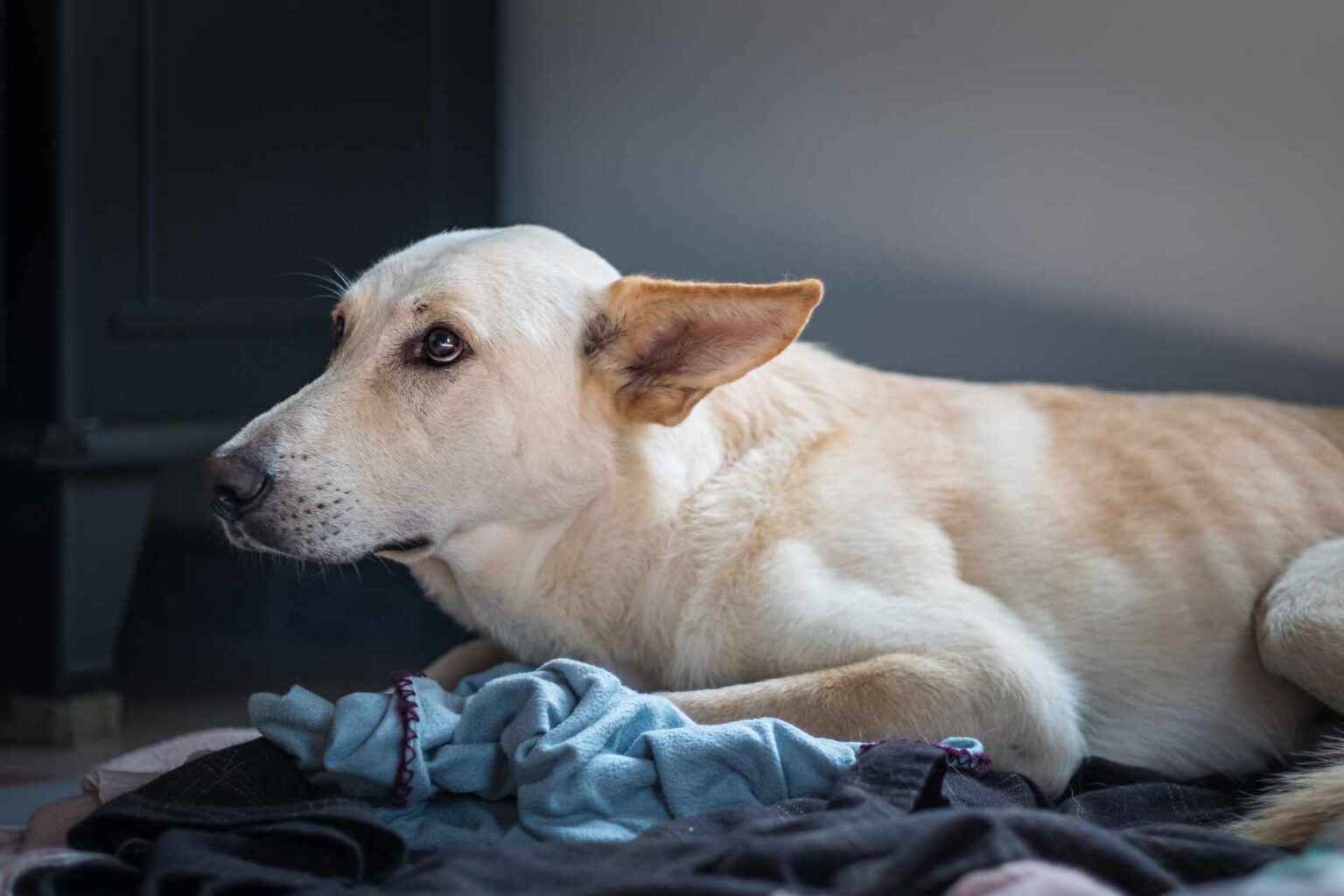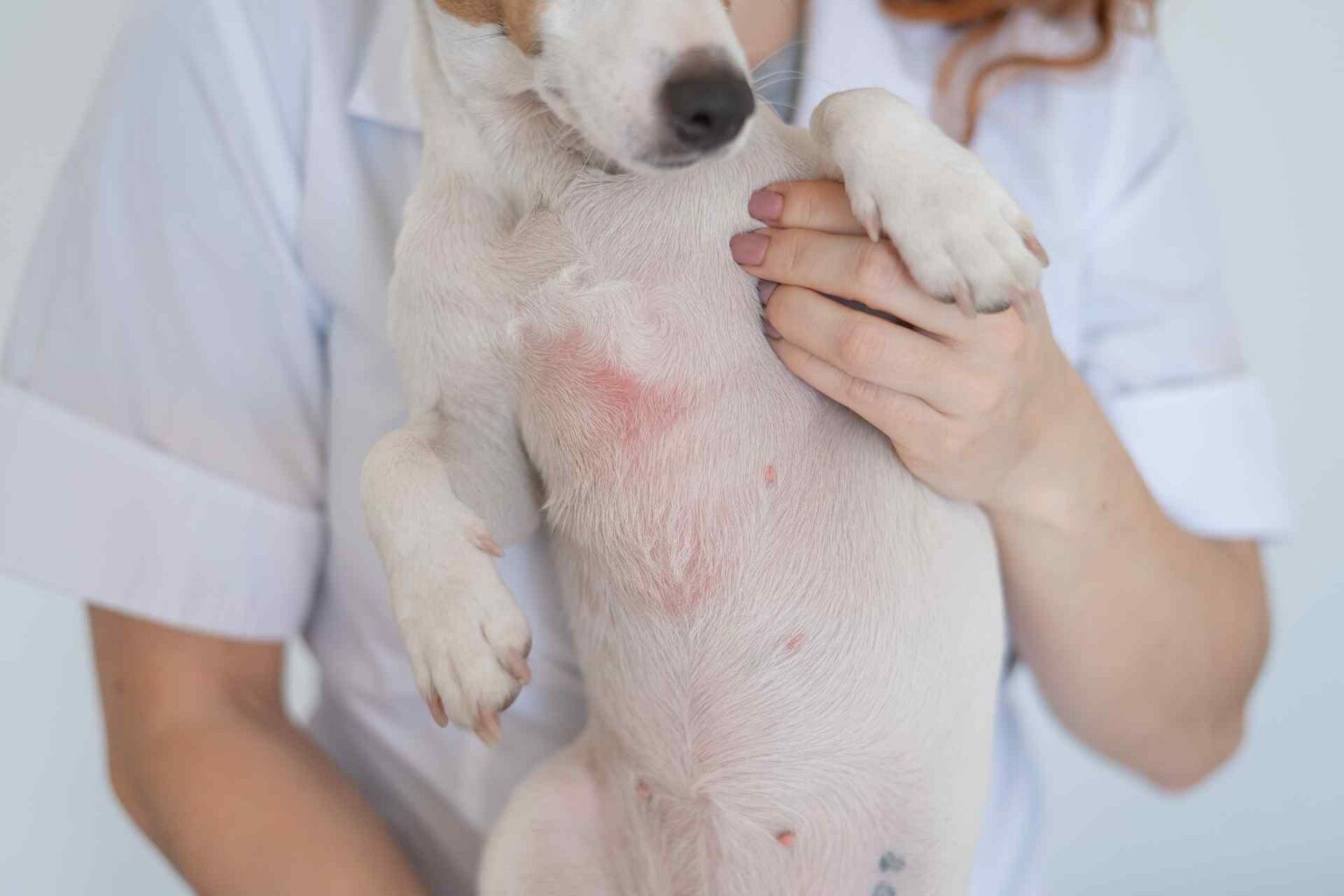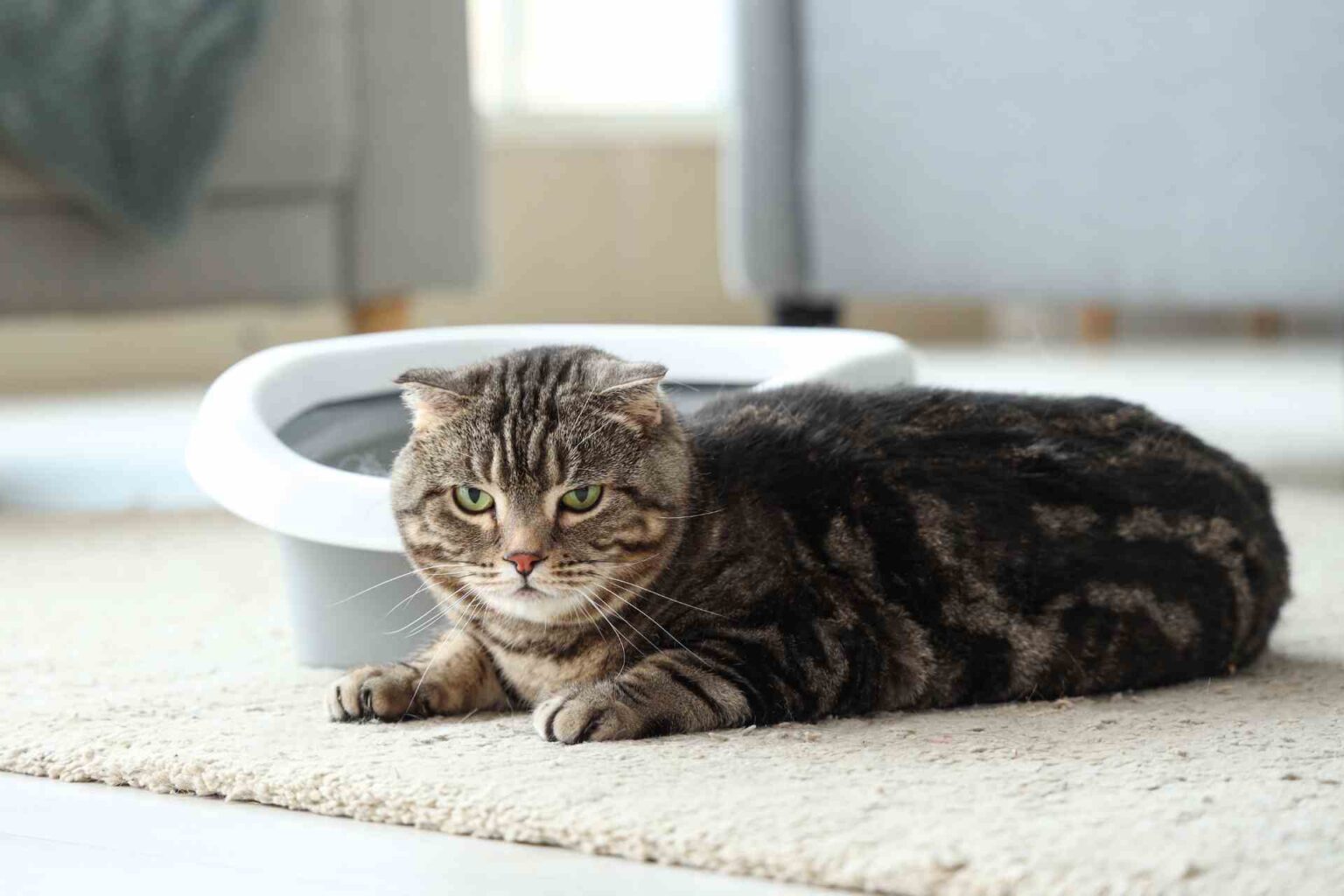When we talk about the gut microbiota, we are always inclined to think of the colon, and no one considers the small intestine and the close correlation between the two intestinal compartments.
This year, several scholars from northern Europe have compiled a review to understand how physiological and anatomical differences between the small and large intestines affect the composition, function, and plasticity of the gut microbiota.
Research on the gut microbiota has generally focused on fecal samples, which represent the luminal contents of the large intestine. Therefore, it is necessary to have tools such as devices with ingestible capsules to study the intestinal microbiota in the upper gastrointestinal tract.
Nutrient absorption is limited to the small intestine
The abundance of immune cell communities at this anatomical site, combined with lower mucus secretion and less rigid junctions (in part to allow more efficient absorption of fluids and nutrients), also results in intimate interactions between host and bacteria, despite a more rapid transit. Therefore, it is crucial to analyze the major ecological and physiological differences between the small intestine and the large intestine in order to better exploit the immense potential of imprinting the human gut microbiota, including the grafting of probiotics into sensitive biological niches.
New in vitro study models
Accurate and representative models are critical to the study of the gut and its interaction with the host. For this reason, in vivo models remain indispensable. In comparison, in vitro models cannot adequately simulate the full spectrum of host-microbe interactions, both inside and outside the gastrointestinal tract, as shown below.
Compared with in vitro models for the human colonic microbiota, models for the small intestinal microbiota are at an early stage of development. Roussel et al. developed an extension of the mucosal simulator model of the human intestinal microbial ecosystem (M-SHIME) in which a reactor simulating the ileum was colonized with a suspension from the reactor simulating the ascending colon.
Finally, to improve understanding of the mechanisms of action of probiotics in general and in the small intestine in particular, knowledge of the gut microbiota and its activity must be extended beyond the colon to include the upper parts of the gastrointestinal tract.
Reference
Jensen et al, Small intestine vs. colon ecology and physiology: Why it matters in probiotic administration, Cell Reports Medicine (2023), https://doi.org/10.1016/j.xcrm.2023.101190











